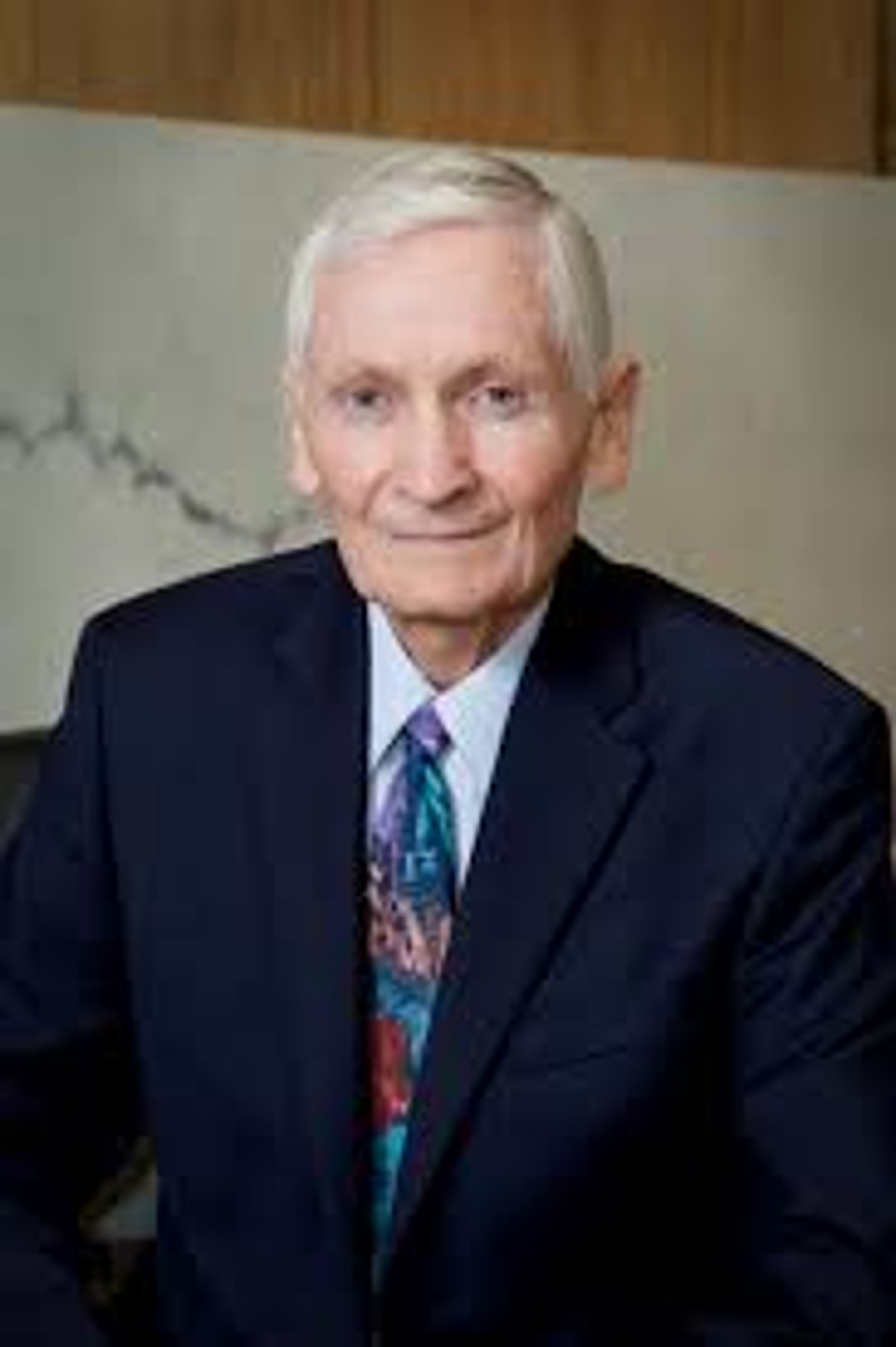How soon we forget the lessons of World War II. Forget, that is, if we ever learned them.
As I’ve said before, appeasement doesn’t work. It leads to occupation and loss of freedom, or in the case of WWII to a global war and the loss of 70-85 million lives.
During Hitler’s walk up to WWII with the invasion of the Rhineland in 1936 and Austria in 1938, Great Britain, responding to anti-war sentiment and even pro-Germany sympathy at home, pursued appeasement.
In what became known as the Munich Agreement, in which Great Britain agreed that Germany could occupy the German-speaking part of Czechoslovakia and Hitler promised “no more territorial demands in Europe.”
That was in September 1938. In March 1939, Germany occupied the rest of Czechoslovakia.
Six months later, Germany invaded Poland and two days later Britain and France declared war.
Britain and France weren’t prepared for war. Indeed, they were in terrible shape; but they knew if Hitler was going to be stopped, they couldn’t delay longer.
The United States didn’t officially enter the war against Japan until Dec. 8, the day after Japan struck Pearl Harbor. Three days later, we declared war against Germany.
During the build-up during the 1930s, British, French and American citizens were strongly opposed to going to war.
Before our entry into the European phase of the war, Great Britain engaged in robust disinformation activities to change popular opinion. They did so with President Franklin D. Roosevelt’s apparent knowledge as he struggled to provide essential aid to Allied forces.
However, that’s another story. Perhaps I can tell it another time.
Now, 85 years later, we are in similar circumstances.
Russia is occupying parts of Ukraine, the entire Middle East is a powder keg with a short fuse of religious and cultural animosity, China is threatening Taiwan, North Korea is flexing its military might, and some Republicans in the U.S. are threatening to reduce funding for Ukraine’s defense while some Democrats are trying to withhold war funds from Israel because of civilian casualties in Gaza.
The fact that many civilians, including babies, have been killed in attacks on hospitals in Gaza angers millions around the world, as it should.
So why don’t those who want to stop the civilian casualties, including the death of babies, address their demand to Hamas, which started this war, instead of to Israel?
Americans, un- or misinformed by journalists, believe that Israel is violating the rules for war.
Not, according to a blog by The Lawfare Institute, in cooperation with the Brookings Institution.
It reported “Hamas itself is responsible for many of those civilian deaths because it cynically keeps or places civilians near military targets and uses civilian objects for military purposes.”
Also, “Hamas is evil, but its leaders are no fools: These tactics work. A NATO report examining Hamas’s activities from 2008 to 2014 explains how Hamas’s use of human shields in Gaza has long created a dilemma for Israel.”
And, “Hamas knows that credulous observers will attribute these casualties to Israel — even though it was Hamas’s illegal decision to hide military assets in civilian areas that exposed the victims to harm.
“Failing to place blame where it belongs — to unequivocally insist that Hamas move its military assets away from civilians, and to hold it responsible if it does not — encourages Hamas to put even more civilians in harm’s way.
“These cynical incentives for Hamas pervert the law’s humanitarian aims and put Palestinian civilians in greater danger.”
In its Oct. 7 attack on Israel, Hamas targeted civilians attending a music festival. Israeli community response team paramedics reported women raped, killed, their genitals mutilated and their bodies left naked.
Blaming Israel for civilian deaths in Gaza amounts to appeasement of Hamas. Its goal is to eliminate Israel. Hamas cannot be placated.
For the record, I’m not anti-Palestinian. I’m only against Palestinians who support Hamas, which governs Gaza.
Day has lived in Pullman since 1972. He served on the Washington State University faculty for 32 years as a science communicator, retiring in 2004. His peripatetic readings are catholic, with a small “c.”








